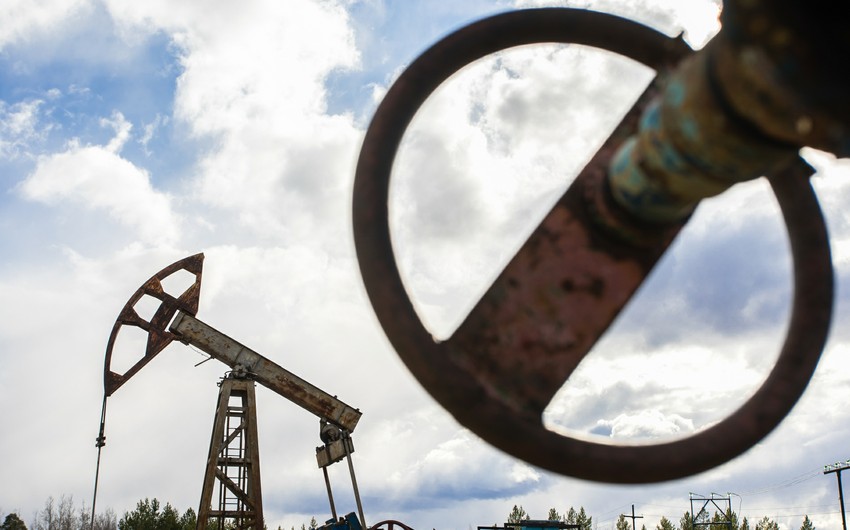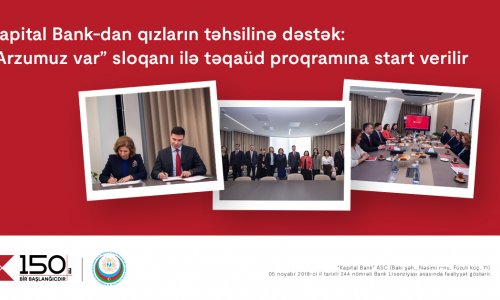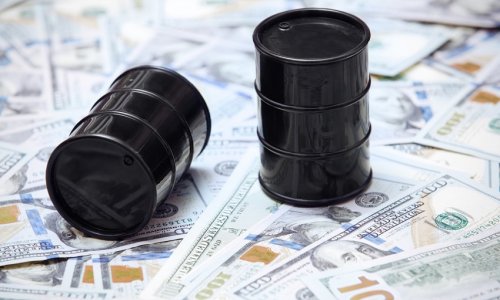The price should be set above the marginal production cost of Russia’s oil and take into consideration historical prices, said Elizabeth Rosenberg, US Treasury Assistant Secretary for Terrorist Financing and Financial Crimes.
The G7 price cap plan agreed last week calls for participating countries to deny insurance, finance, brokering and other services to oil cargoes priced above a yet to be set price cap on crude and two oil products.
Rosenberg said services providers would not have to police price cap compliance themselves but could rely on the attestations of buyers and sellers, leaving enforcement to participating jurisdictions.
She said the G7 countries - Britain, Canada, France, Germany, Italy, Japan and the United States - would work together in coming weeks to determine the capped price and other key implementation details.
"There are several key data points we are considering and how the prices should ultimately be set and that includes the marginal cost of production for Russian oil," Rosenberg told a briefing call held for media in Asia.
"The price cap price should be ... in line or consistent with historical prices accepted by the Russian market."
That could imply a potential cap of around $60 a barrel, experts say, as Russian Urals crude, based off of benchmark Brent, sold for $50 to $70 a barrel in 2019.
Russian government documents have identified a marginal crude production cost of $44 per barrel, although some Western officials believe it may be somewhat lower.
A European official said G7 members had not begun formal discussions about the price cap, although officials had "notions" about what was possible.
"The idea is that you still incentivize Russian oil producers to export by guaranteeing a price in line with their cost of production with a small incentive," the official said.
www.anews.az
Follow us !











